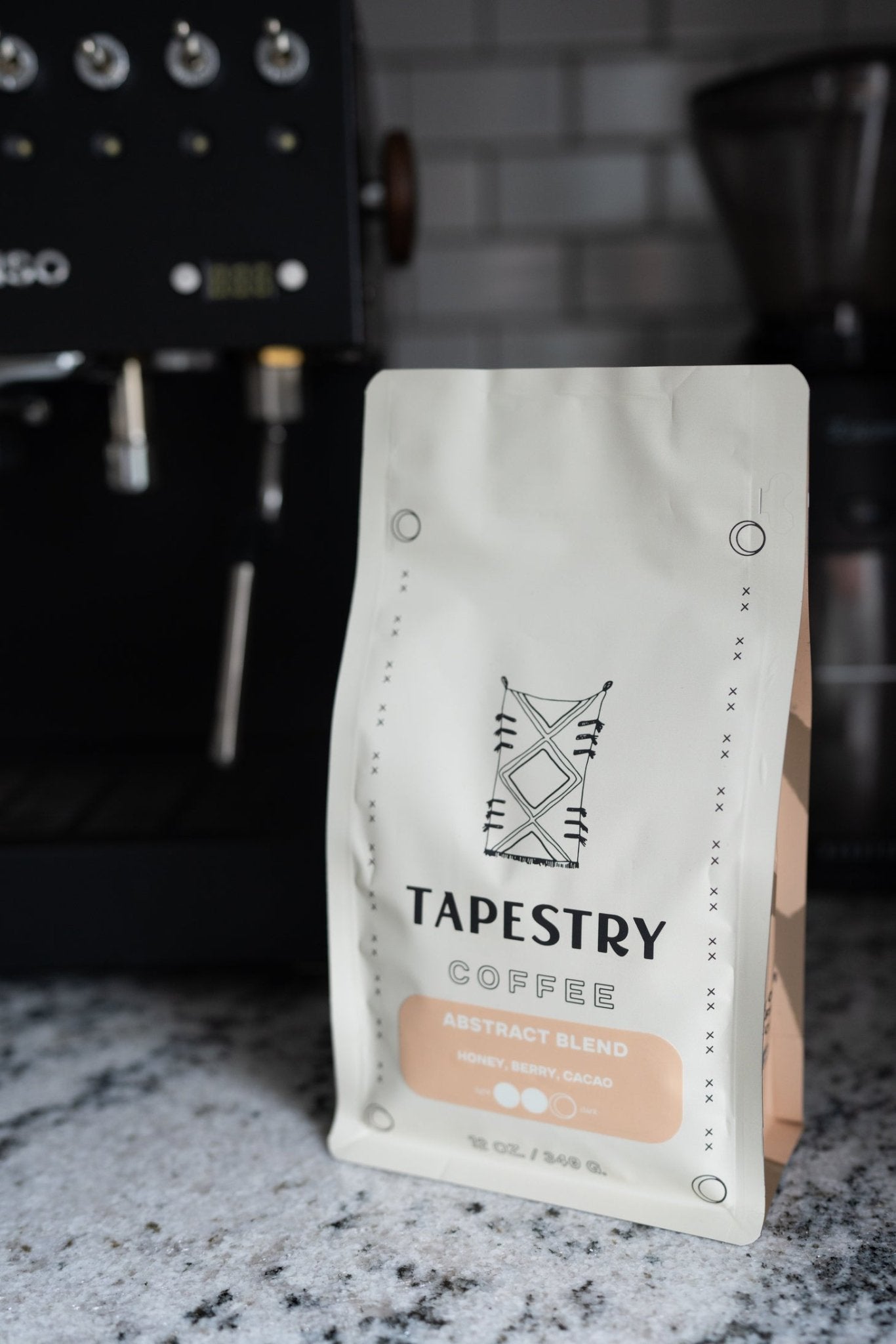What is the difference between cold brew and iced coffee?
The distinction between them lies in their brewing methods, flavors, and caffeine content. Cold brew, often inaccurately termed, involves a unique cold steeping or infusion process where coarse coffee grounds steep in cold or room temperature water. Cold brew is also brewed for an extended period, typically 12 to 24 hours. This method, different from traditional brewing, imparts a bolder and less acidic flavor to the coffee. On the other hand, iced coffee is made by brewing hot coffee and then cooling it down with ice, resulting in a quicker preparation. The flavor of iced coffee tends to be milder, capturing a more traditional coffee taste. Furthermore, the choice of coffee grounds varies; cold brew requires coarser grounds to prevent overwhelming taste during the extended brewing, while iced coffee typically uses a similar type of coffee, often a dark or medium roast. Notably, cold brew boasts a higher caffeine content due to the slow infusion, making it a stronger option for those seeking a robust coffee experience. In contrast, iced coffee offers a lighter caffeine buzz. Understanding these differences allows coffee enthusiasts to choose the brew that aligns with their taste preferences and desired caffeine intensity.
Is cold brew stronger than iced coffee?
Yes, cold brew is generally stronger than iced coffee, and the disparity in strength stems from their distinct brewing processes. Cold brew undergoes a lengthy steeping period—often 12 to 24 hours—where coarse coffee grounds infuse in cold or room temperature water. This extended brewing time extracts a higher concentration of flavors, oils, and caffeine, resulting in a bolder and more robust coffee. On the other hand, iced coffee follows a traditional brewing method, where hot coffee is rapidly cooled down with ice. This quicker process yields a milder flavor profile compared to cold brew. The choice of coffee grounds also contributes to the strength difference, with cold brew requiring coarser grounds to prevent an overpowering taste during the extended steeping. Therefore, if you're seeking a coffee with a more intense and potent kick, cold brew is the preferred choice, offering a richer and full-bodied experience compared to the lighter and quicker iced coffee.
Photo by Nathan Dumlao on Unsplash
Is iced coffee sweeter than cold brew?
The sweetness of iced coffee versus cold brew isn't inherently determined by the brewing methods themselves but rather by individual preferences and additional ingredients. Generally, iced coffee tends to have a milder and less intense flavor compared to cold brew. The traditional process of brewing hot coffee, which is then cooled with ice, may result in a more balanced taste, but it can also be influenced by any added sweeteners or flavorings. In contrast, cold brew, with its long and slow steeping process, often yields a smoother, less acidic, and more concentrated coffee flavor. While it's not inherently sweeter, the extended infusion time allows for the extraction of nuanced flavor profiles that some may perceive as naturally sweet. However, the sweetness ultimately depends on personal taste preferences, as both iced coffee and cold brew can be customized with various sweeteners, syrups, or creamers to achieve the desired level of sweetness.
How can you tell the difference between cold brew and iced coffee?
Distinguishing between cold brew and iced coffee involves considering various factors related to their preparation, flavor profiles, and brewing methods. Firstly, the method of preparation sets them apart. Iced coffee is made by brewing hot coffee and then cooling it down with ice, resulting in a quicker process that can sometimes lead to a slightly watered-down taste. On the other hand, cold brew undergoes a lengthier process, where coarse-ground coffee steeps in cold water for an extended period, usually 12 to 24 hours. This prolonged infusion imparts a distinctive flavor characterized by lower acidity and bitterness. Another key indicator is the taste – cold brew tends to have a bolder, smoother profile, while iced coffee may exhibit more pronounced acidity. Additionally, the caffeine content varies, with cold brew generally having higher concentrations due to the extended steeping. Lastly, the texture and mouthfeel of the two can differ, with cold brew often perceived as velvety and strong, while iced coffee may have a thinner consistency. These factors collectively contribute to discerning and appreciating the differences between cold brew and iced coffee.
Why does cold brew taste better than iced coffee?
The preference for the taste of cold brew over iced coffee stems from several factors inherent in the distinct brewing methods of these chilled coffee beverages. Cold brew's superiority in flavor is attributed to its unique process, which involves steeping coarse coffee grounds in cold water for an extended period, typically ranging from 12 to 24 hours. This prolonged infusion allows for a slow extraction of flavors, resulting in a smoother and less acidic coffee concentrate. The absence of heat in the cold brew process preserves the natural oils and sugars in the coffee beans, contributing to a rich and full-bodied flavor profile with subtle nutty undertones. In contrast, iced coffee, made by pouring hot brewed coffee over ice, may sometimes suffer from dilution, leading to a potentially watered-down taste. The nuanced, bold taste of cold brew, with its emphasis on a longer extraction period and lower acidity, is often perceived as more flavorful and satisfying, making it a preferred choice for those seeking a distinct and robust iced coffee experience.
Is cold brew higher in caffeine?
Yes, cold brew is generally higher in caffeine compared to iced coffee, and this disparity can be attributed to the unique brewing methods employed for each. Cold brew coffee, crafted by steeping coarse coffee grounds in cold water for an extended period, typically ranging from 12 to 24 hours, yields a concentrated coffee extract. The slow infusion process allows for a higher ratio of coffee grounds to water, extracting more caffeine from the beans. As a result, a cup of cold brew tends to contain a significantly greater amount of caffeine than a typical serving of iced coffee. The latter, made by pouring hot brewed coffee over ice, has a shorter brewing time and may be less concentrated, leading to a comparatively lower caffeine content. For caffeine enthusiasts seeking a robust kick, cold brew often stands out as the preferred choice due to its potent and invigorating nature.
How much caffeine is in iced coffee?
The caffeine content in iced coffee can vary based on factors such as the brewing method and the type of coffee beans used. Generally, iced coffee has a moderate caffeine content compared to its cold brew counterpart. Iced coffee is typically prepared by brewing hot coffee and then pouring it over ice. This results in a drink with a flavor profile that captures both the high and low tones of traditional coffee. The caffeine levels in iced coffee usually range from 150 to 180 mg per cup. This can be influenced by the specific brewing process and the amount of coffee grounds used. It offers a refreshing and slightly diluted taste, making it a versatile choice for those who enjoy the classic coffee experience with a cold twist. If you're looking for a more subdued caffeine kick, iced coffee provides a balanced option. Iced Coffee also allows for customization with various syrups or flavor additions to suit your taste preferences.



